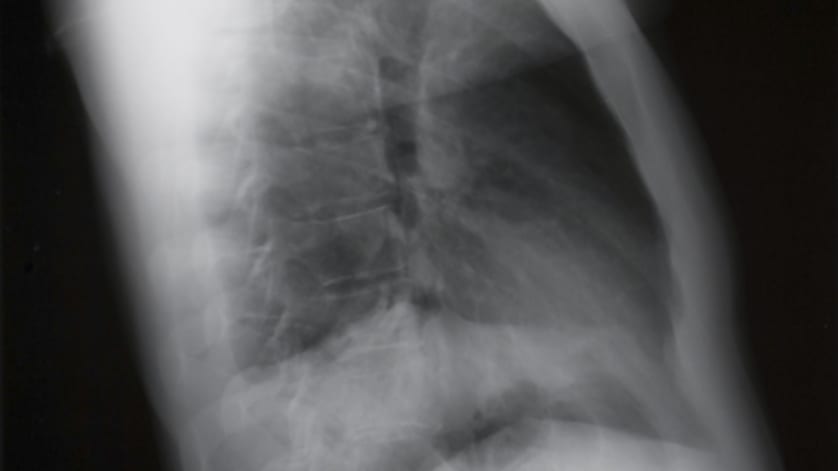
June 30, 2025



June 24, 2025
The Analytical Scientist


Stay up to date with the latest clinical headlines and other information tailored to your specialty.
Thank you for signing up for the Daily News alerts. You will begin receiving them shortly.



